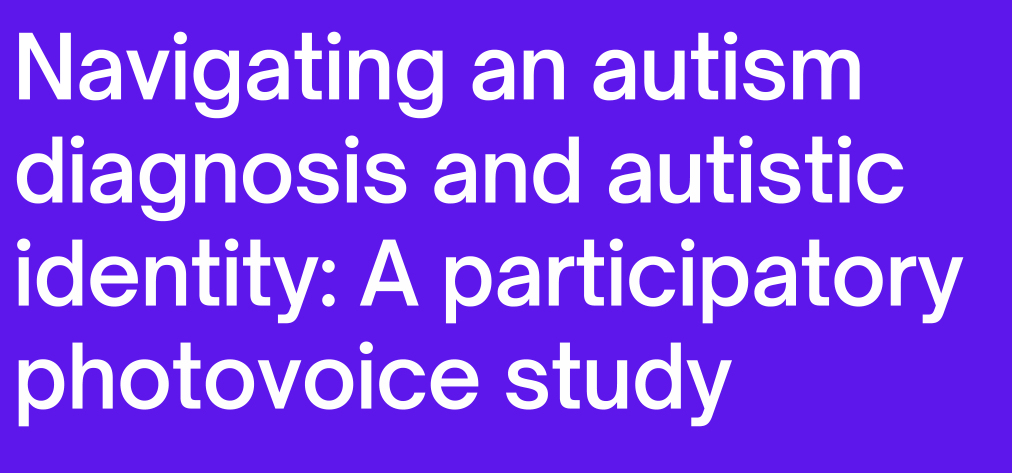Each year INSAR holds a research conference (their general annual meeting) which brings together researchers from all over the world. Members from the Stirling Autism Research (STAR) team will be attending the conference this year and presenting work spanning the topics of healthcare access, mental health and quality of life across the adult lifespan, the impact of COVID-19, autistic community connectedness, stigma, and episodic memory and future thinking. There will be several posters from our research group presented, and a panel on stigma co-chaired by Dr Eilidh Cage and Dr Monique Botha. We are using this as a platform for disseminating our research to a global audience, and our research topics focus on matters that can hopefully make a difference to the lives of autistic people, now and in the future.
Having said that, we wanted to note that although we are attending INSAR to disseminate our research findings to a wider audience, we do not support or endorse the whole range of research that is being presented at INSAR. Autism research can be exceptionally problematic, dehumanizing, and marginalising. As INSAR brings together people globally from a range of disciplines, this includes research on topics such as causes and cures. We do not endorse that kind of research, which are not autistic community priorities (see Roche et al., 2021). We think it is vital that research that does represent autistic community priorities is featured at INSAR.
To promote transparency, clarity, and openness we will be making our contributions available soon, so that everyone can see what we have been researching here at STAR. We will be making accessible explanations of all of work and sharing these via Twitter and our STAR blog Our first and foremost priority is for ethical, transparent, engaged, and socially proactive research which can make a difference for autistic people.
If you would like to be involved in shaping or find out more about our research, please contact us by sending an email to autismresearch@stir.ac.uk




